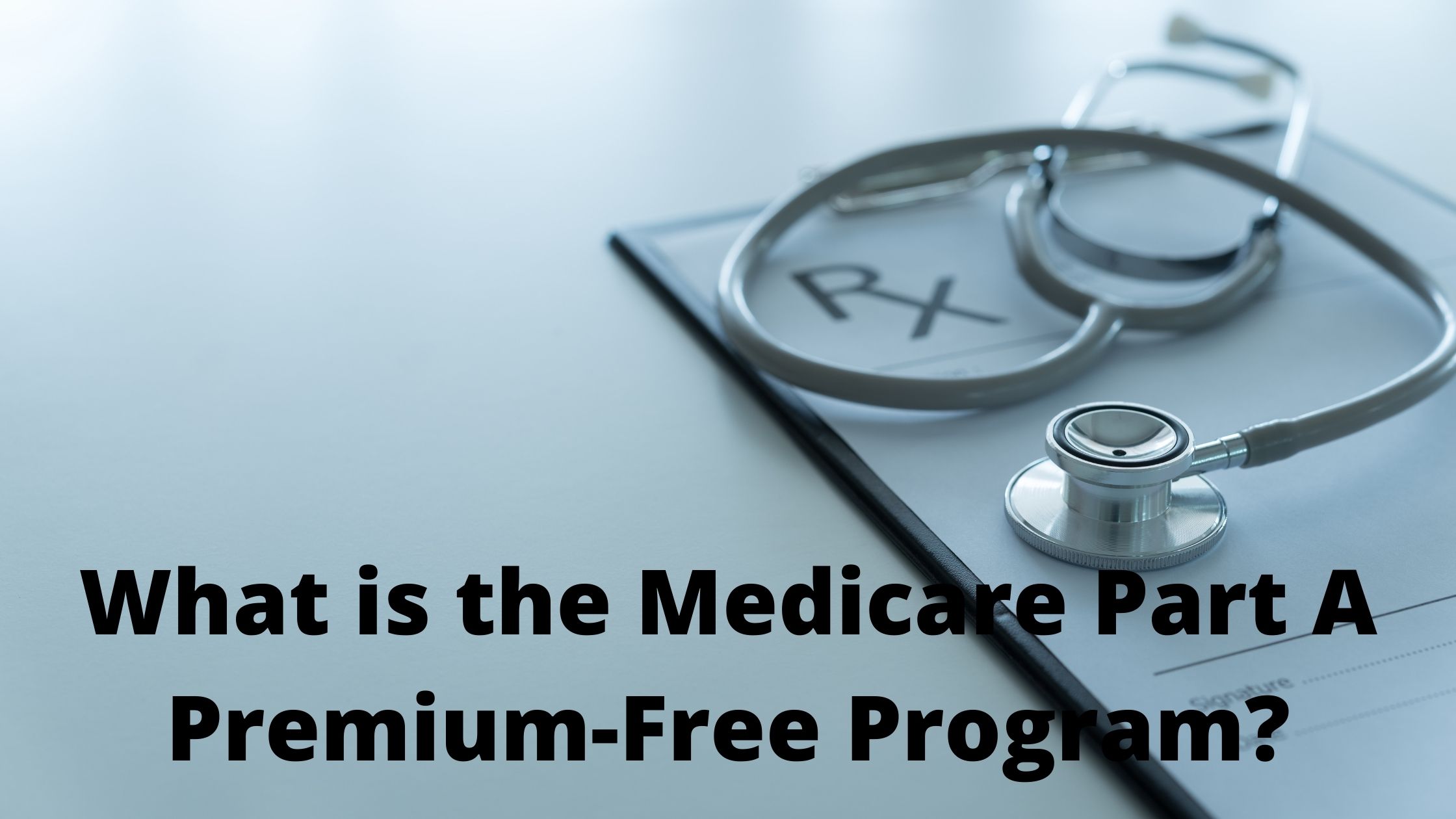Medicare Part A is a premium-free program that provides insurance to people over the age of 65 and certain people with disabilities. The program helps seniors save on their medical expenses, while also providing them with access to needed care.
In 2018, the Medicare Part A premium-free program will change. From then on, everyone who is eligible for the program will be automatically enrolled in it. There will no longer be a waiting period or enrollment fee.
This change is good news for many seniors, as it means they’ll no longer have to pay premiums each year. However, it may not be good news for Medicare providers. Since there will now be an increased demand for services, providers may experience a decrease in revenue.
Guide on Medicare Part A Premium-Free Program:
The Medicare Part A premium-free program is a government-run health insurance program that covers hospital and doctor expenses for seniors. The program is open to all citizens aged 65 or older and is one of the most important social programs in the United States.
Since its inception in 1965, the Medicare Part A premium-free program has helped millions of seniors secure quality health care. The program has been credited with reducing the number of elderly patients hospitalized and providing them with better medical care. In addition, the Medicare Part A premium-free program has saved taxpayers billions of dollars.
The Medicare Part A premium-free program is available to all citizens who are aged 65 or older and have income below a certain level. For 2018, the income limit for eligibility is $24,000 per year for individuals or $44,000 per year for couples.
To be eligible for the Medicare Part A premium-free program, you must first register with the government. After you have registered, you will need to provide your Social Security number and other necessary information to verify your identity.
Once you have registered, you will be issued a card that will indicate your eligibility for the Medicare Part A premium-free program. You will also receive a
How Does the Medicare Part A Premium-Free Program Benefit People?
The Medicare Part A Premium-Free program is a great benefit for people because it helps keep their costs down. The program means that people don’t have to pay a premium for Medicare coverage, which can be a great deal for them. It also means that people won’t have to worry about paying out of pocket for their medical expenses. This is a big relief for many people, who may not be able to afford to pay their medical bills on their own.
Who Can Get Premium-Free Medicare Part A?
The Medicare Part A Premium-Free Program is designed for individuals who are 65 years of age or older and have income below a certain level. The program is open to all beneficiaries, regardless of whether they are enrolled in Medicare Part B.
The eligibility requirements for the Medicare Part A Premium-Free Program are based on your household income and family size. You must meet both income and family size requirements in order to be eligible for the program. Your household income is determined by calculating your gross adjusted income before taxes. Gross adjusted income includes all wages, salaries, tips, bonuses, commissions, and other forms of earned income. If you are married filing separately, your spouse’s income is also included in your household income. Family size is based on the number of people in your household who are 65 years of age or older and have a regular source ofincome, such as an employed spouse or a pensioner. If you are a single person living alone, you can have up to four unrelated people in your household who are 65 years of age or older and have a regular source ofincome.
You can find out if you are eligible for the Medicare Part A Premium-Free Program by contacting your local Social
What Is the Cost of Medicare Part A?
The Medicare Part A Premium-Free Program offers eligible beneficiaries a reduced monthly premium for coverage under Medicare. The program is open to all beneficiaries who are at least 65 years of age and have been continuously enrolled in Medicare since July 1, 2007. Participation in the program is free for those with income below specified thresholds.
Beneficiaries who are not required to participate in Social Security may have to pay a monthly premium for Medicare coverage. The premiums vary depending on the beneficiary’s income and the level of coverage selected. In 2012, the monthly premium for a typical individual was $134 per month. For an individual with income above $85,000 but below $168,000, the premium was $214 per month. For an individual with income above $168,000 but below $234,000, the premium was $344 per month.
The program is available to all beneficiaries who meet the eligibility requirements and who want it. Beneficiaries do not need to apply or qualify for the program – participation is automatic once the income threshold is met.
There are several reasons why the premium-free program may be beneficial for some beneficiaries. First, by paying no monthly premiums, beneficiaries can reduce
What Are the Benefits of Participating in the Medicare Part A Premium-Free Program?
The Medicare Part A Premium-Free Program offers many benefits to participants, including:
• Reduced out-of-pocket costs. As of January 1, 2020, premiums for Medicare Part A will be eliminated for individuals who are 65 or older and have limited income. This means that beneficiaries who participate in the premium-free program will pay only a fraction of the cost of traditional Medicare coverage. In addition, beneficiaries with incomes below $34,000 will not have to pay premiums at all.
• More choice. When premiums are eliminated, beneficiaries have more choice in their coverage options. They can choose a plan that meets their specific needs and budget, rather than having one mandated by the government.
• Greater peace of mind. Not having to worry about paying monthly premiums allows beneficiaries more time to focus on their health and wellbeing.
The premium-free program is an excellent way for people who qualify for it to improve their healthcare coverage while also saving money. It’s definitely something worth considering if you’re eligible!
What Are the Risks of Not Participating in the Medicare
Premium-Free Program?
The Medicare Part A premium-free program is a great way to save money on your healthcare costs. However, there are a few risks associated with not participating in the program. First, if you don’t have insurance or aren’t covered by another type of insurance, you may be required to pay full premiums for Medicare Part A. This can be costly, and could end up costing more than the benefits of participating in the premium-free program. Second, if you are eligible for Medicare Part A but don’t participate in the premium-free program, you may be subject to higher premiums due to your high-risk status. Finally, if you do have insurance and choose not to participate in the premium-free program, you may end up paying more for your healthcare than if you had participated.

